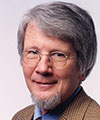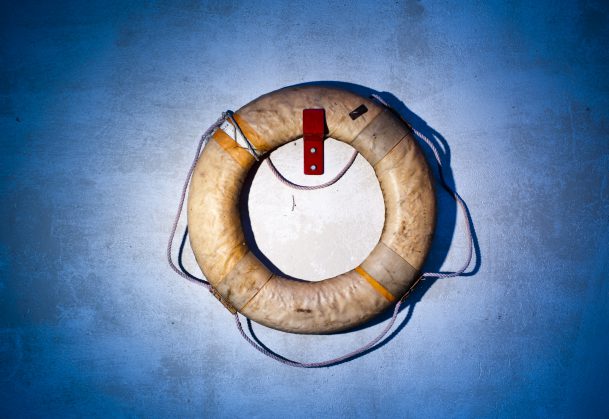
Presidential Column

Rutgers, The State University of New Jersey
APS President 2015 - 2016
All columns
In this Issue:
Bayes for Beginners: Probability and Likelihood
About the Observer
The Observer is the online magazine of the Association for Psychological Science and covers matters affecting the research, academic, and applied disciplines of psychology. The magazine reports on issues of interest to psychologist scientists worldwide and disseminates information about the activities, policies, and scientific values of APS.
APS members receive a monthly Observer newsletter that covers the latest content in the magazine. Members also may access the online archive of Observer articles going back to 1988.




